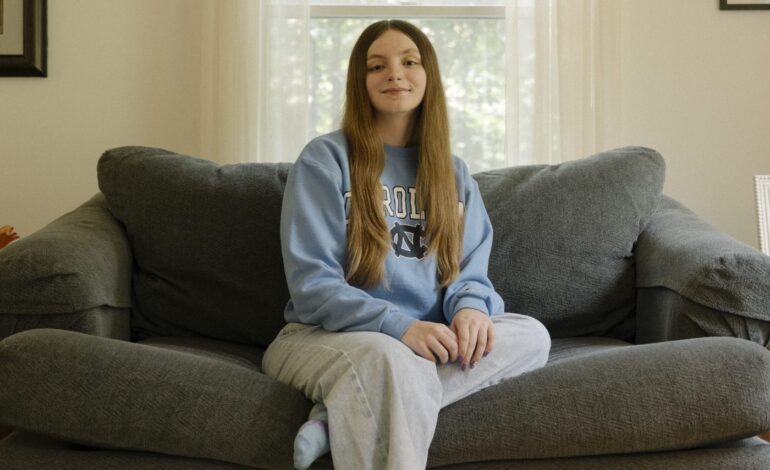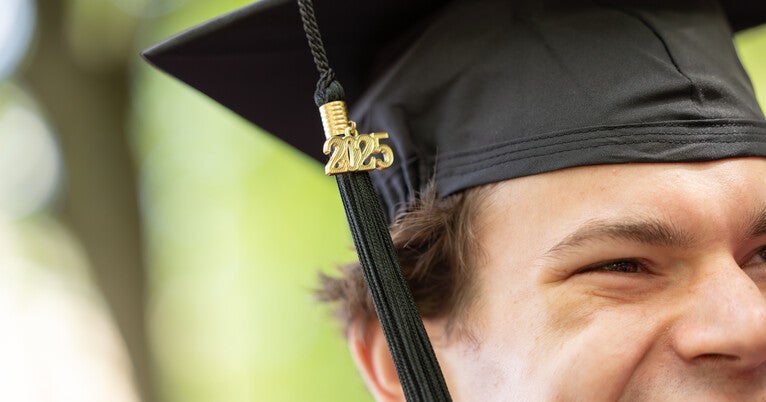Virginia Law Transforms Emergency Plans for Students with Disabilities

In a significant shift towards inclusivity, Virginia has enacted a new law that mandates public schools to create emergency plans tailored for students with disabilities. This change emerged after Kira Tiller, a student with epilepsy, highlighted the inadequacies in existing safety protocols during her own experiences in school.
Tiller’s story reflects the challenges many students face in emergency situations. While her classmates participated in monthly fire drills, she was often confined to a windowless office to avoid the flashing lights that could trigger her seizures. Her family’s requests for a comprehensive emergency plan were met with vague assurances from school administrators, leaving Tiller feeling that her safety was overlooked. “I could literally be left behind to die,” she recalled.
The issue is not isolated to Virginia. Reports indicate that other students with disabilities across the United States have encountered similar obstacles during emergencies. In Maryland, a student using a wheelchair was abandoned in a stairwell during a fire. In St. Louis, a high school student with mobility challenges faced police with guns drawn during a lockdown. These incidents have underscored the urgent need for tailored evacuation strategies, especially as more than 7 million public school students in the U.S. have disabilities.
Virginia’s new law, passed in 2023, was propelled by Tiller’s advocacy and her discussions with other students facing similar challenges, including those with autism and sensory sensitivities. She expressed disbelief that such critical safety measures were not previously prioritized.
Diana Gulotta, a spokesperson for Prince William County Public Schools, stated that while the district could not comment specifically on Tiller’s circumstances, it supports legislative efforts aimed at enhancing student safety. “We continue to monitor and evaluate our processes and procedures to make improvements in this area,” she said.
The legislation was introduced by Laura Jane Cohen, a Democratic state delegate who has been actively involved in advocating for the safety of students with disabilities. This is not her first initiative; she previously sponsored a bill requiring schools to prioritize the evacuation of students with mobility issues. Cohen noted that she had heard numerous concerns from families regarding inadequate safety plans, saying, “It just didn’t make any sense.”
Despite some language in the bill being softened due to liability concerns, the final version passed unanimously. This law aligns with a similar measure enacted in Maryland in 2017 following the traumatic experience of Cassidy Scott, a 12-year-old girl who was left behind in a stairwell during a school fire. Both Virginia and Maryland’s laws integrate emergency planning into the development of Individualized Education Programs (IEPs), which are legally binding documents that outline necessary accommodations for students with disabilities.
As the landscape of education and safety evolves, questions remain about the enforcement of these new requirements. The potential for changes in federal oversight under political shifts, such as those proposed by former President Donald Trump, raises concerns about the future of special education and student safety.
Now a sophomore at the University of North Carolina at Chapel Hill, Tiller continues her advocacy work, aiming to implement similar legislation across the nation. She successfully negotiated her own emergency plan in high school, which involved using blackout sunglasses to block flashing lights and having an aide assigned to assist her during drills. This process took six years, and Tiller expressed regret over the time spent in the windowless office, emphasizing the discouragement felt when safety is not prioritized.
“When you’re in school and you know that your safety isn’t a priority,” she said, “that’s a really discouraging and disheartening feeling.” Tiller’s journey illustrates the importance of advocacy and legislative action in creating a safer, more inclusive environment for all students.






